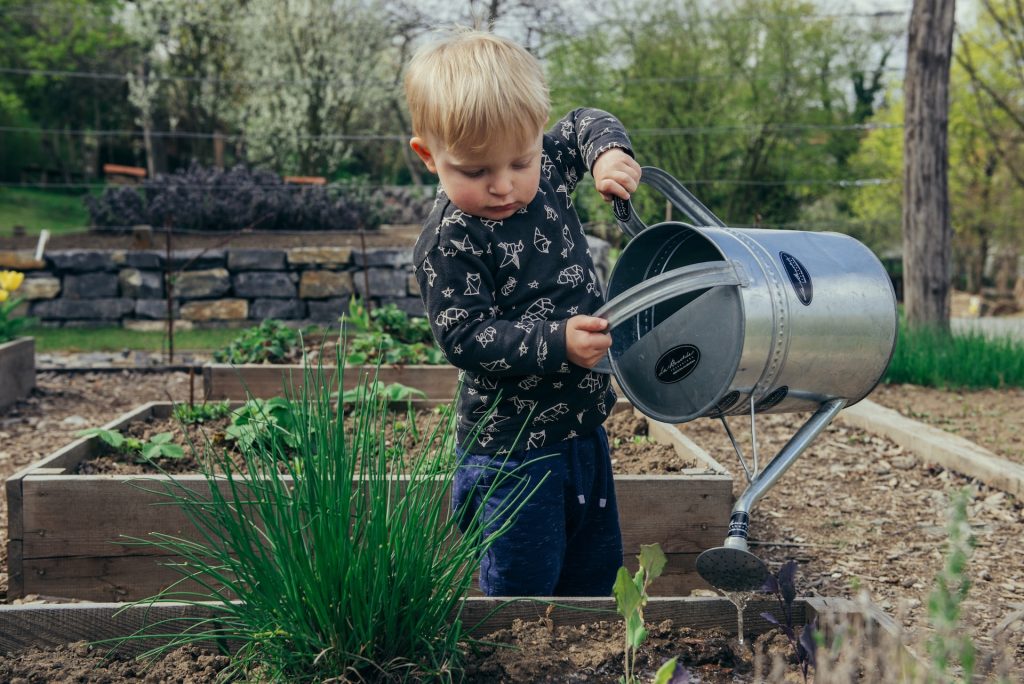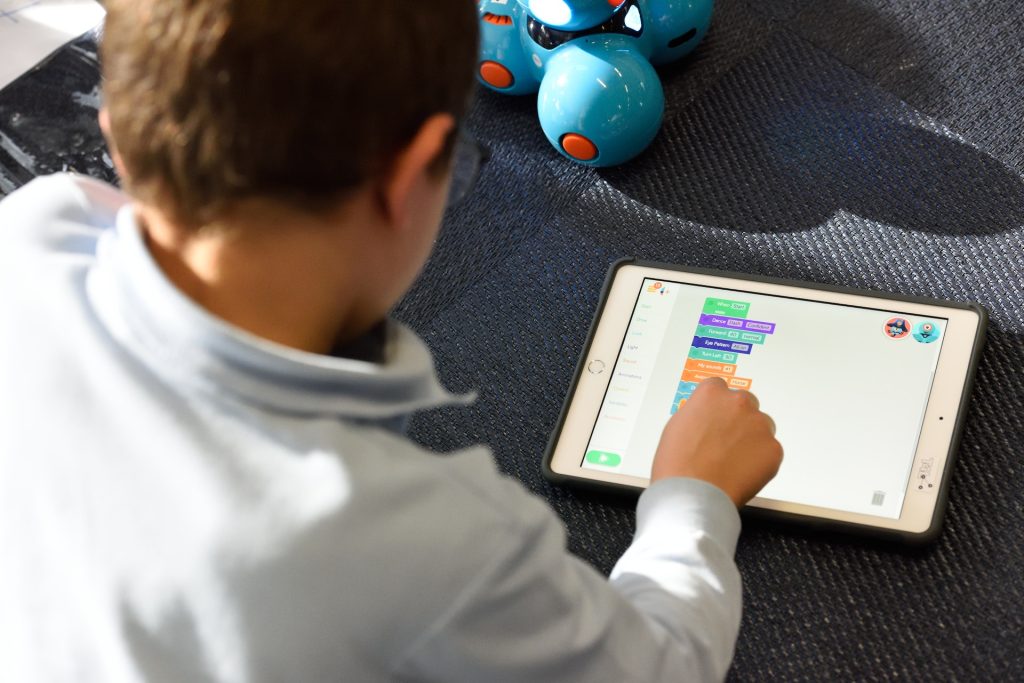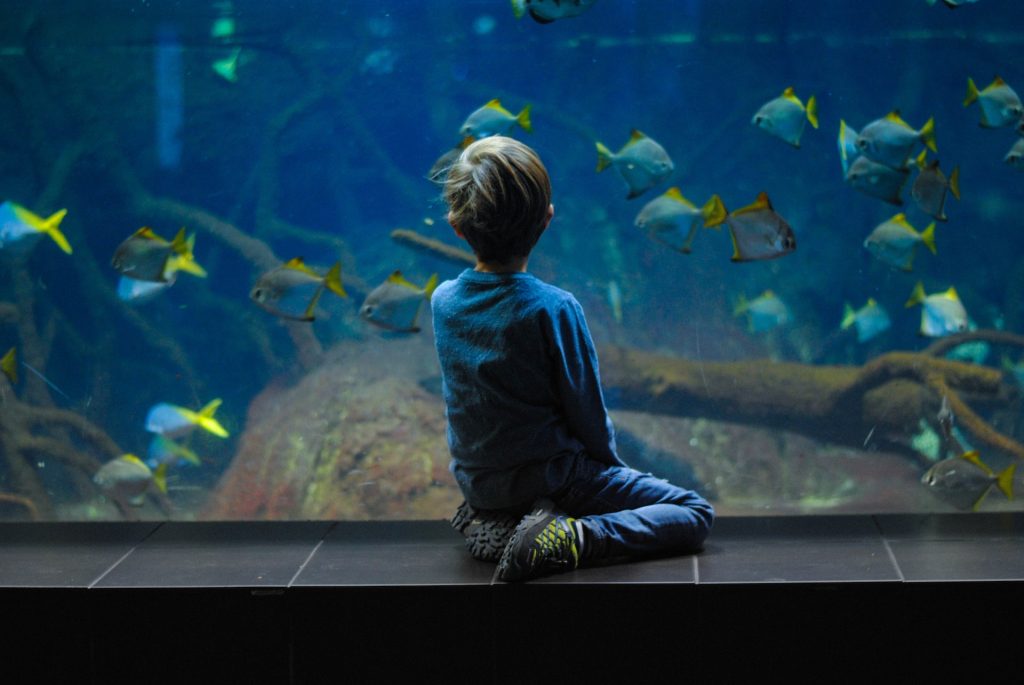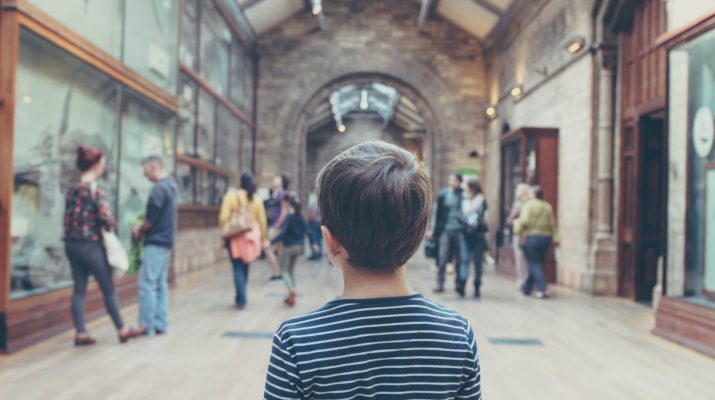While formal education undoubtedly plays a vital role in shaping a child’s knowledge and skills, there exists an undeniable value in exposing them to learning experiences outside of school as well. Whether it is through engaging weekend activities or enriching adventures during school holidays, parents have the power to significantly enhance their child’s educational journey. By embracing these opportunities, children can develop essential life skills and knowledge that extend far beyond the walls of any educational institution.
Engage students through real-world experiences

Engaging students through real-world experiences is a powerful way to enhance their learning and personal development. By giving them responsibilities, such as managing money, we empower them to become financially literate individuals who can make informed decisions. When students are entrusted with handling money, whether it’s managing an allowance or saving for a desired item, they learn the value of budgeting, setting goals, and making choices based on their priorities. This hands-on experience teaches them important life skills that textbooks alone cannot provide.
In addition to financial responsibilities, teaching students how to communicate effectively in shops is another valuable skill. By encouraging them to practice these real-world conversations – from asking questions about products to negotiating prices – students develop confidence in social settings and learn how to express their needs clearly. This experience not only enhances their communication skills but also helps foster important qualities such as patience and empathy.
Caring for a pet is yet another real-world responsibility that can make a profound impact on students’ lives. Beyond the obvious benefits of companionship and the emotional connection between humans and animals, owning a pet instills several essential values in children: compassion, responsibility, and commitment. It teaches students that being responsible for another living being requires time, effort, and dedication.
Foster curiosity with hands-on activities

One of the most effective ways to encourage learning outside the classroom is by fostering curiosity through hands-on activities. By exposing students to this method, they are able to explore and discover concepts in a more interactive and meaningful way. For example, instead of simply studying photosynthesis from a textbook, students can participate in a gardening project where they plant and care for their own plants. This not only allows them to see the process firsthand but also instills a sense of ownership.
Hands-on activities have been proven to improve retention and understanding among learners. When children are actively involved in their learning through experiments or real-world experiences, they are more likely to retain information long-term. For instance, science classes that involve lab work enable students to apply theoretical knowledge to real-life situations, making the subject matter more relatable and concrete.
Hands-on activities also foster critical thinking skills as they require problem-solving and decision-making abilities. When faced with challenges during an activity or experiment, students learn how to think quickly on their feet and make informed decisions based on evidence or logical reasoning. These skills are fundamental for success in any field or profession as it encourages independent thinking and creativity.
Utilise technology for interactive opportunities

While traditional forms of learning are important, technology can be an invaluable tool for enhancing education. Through the use of tablets, smartphones, and computers, parents can expose their children to a vast range of fun and engaging educational apps, games, and websites.
One way to utilise technology for interactive learning is by exploring virtual field trips. With just a few clicks, they can visit historical landmarks, explore different ecosystems, or even take a tour around the world. This not only broadens their knowledge but also ignites their curiosity about the world around them. Parents can encourage their children to participate in online forums or educational communities where they can interact with other learners from diverse backgrounds.
Podcasts have also emerged as an effective medium for delivering educational content in an engaging format. Parents can introduce their children to podcast episodes on various subjects like science experiments or history lessons. Listening to these podcasts together facilitates discussions and helps foster critical thinking skills.
Encourage exploration through trips and excursions

One effective way that parents can encourage their children to learn outside the classroom is through trips and excursions. By visiting new places, we expose them to different cultures, history, and environments, expanding their horizons and fostering a curious mindset. Whether it’s visiting a historical site or exploring a nature reserve, these experiences offer valuable learning opportunities that can’t be replicated in textbooks.
Weekends and holidays are perfect opportunities for parents to engage their children in educational activities outside of school. Instead of spending hours on screens or engaging in passive entertainment, you can plan interactive outings with their kids. A visit to museums not only exposes them to art, science, and history but also encourages critical thinking skills as they interpret exhibits and ask questions. Zoos and aquariums provide a hands-on experience where kids can observe animals up close and learn about wildlife conservation efforts.
Promote self-directed learning through independent projects

Supporting independent projects allows children to take ownership of their learning journey. Whether it’s building a model rocket or creating a blog about their favorite books, these projects provide an avenue for kids to apply what they have learned in school. Students are more likely to fully engage with topics they are genuinely interested in, and by encouraging them to pursue these interests independently, parents foster self-confidence and nurture individuality.
Hobbies can also be powerful tools for learning outside the classroom. Whether it’s playing a musical instrument, painting, coding websites or knitting sweaters – engaging in hobbies helps develop important life skills such as perseverance, discipline, creativity, and time management. The sense of satisfaction that comes with mastering new techniques or seeing personal improvement boosts self-esteem and encourages children to embrace challenges enthusiastically.
Fostering a love for lifelong learning
Parents play a crucial role in encouraging lifelong learning outside the classroom. By providing opportunities for exploration, supporting their interests, and exposing them to a variety of educational activities, we can instill a sense of curiosity and passion for knowledge. These experiences not only enhance academic skills but also promote personal growth and development.
As parents, let us continue to prioritise and actively engage our children to learn. Together, we can inspire them to become curious, motivated individuals who are eager to explore the world around them and never stop seeking knowledge.

